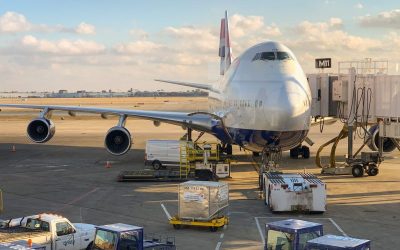There are powerful suppliers in nearly every industry. These suppliers have a great influence and have stringent demands which make it difficult for small businesses to work with them. Most of the time, small businesses prefer to weigh their options and work with suppliers of their scale. However, there are circumstances when businesses have to work with large suppliers as being established and having greater access to funding, these suppliers can cater to your exact demand in minimal time.
Like mentioned earlier, working with large suppliers can be very difficult as they have stringent Minimum Order Quantity (MOQ) requirements and often charge more than their competition. If you want to work with large suppliers overseas, it is wise to consult the sourcing experts as they have the expertise in dealing with suppliers of all sizes.
In this article, our experts give some tips to negotiate with large suppliers and create win-win deals.
Bring Value to Your Suppliers:
Large suppliers generally have the tendency to exploit the situation and hike prices without any repercussions. You can manage the power imbalance by fostering a relationship that is not just based on financial transactions but also on trust, value, and goodwill. Make the suppliers feel the part of the business and provide them the opportunity to expand into new markets with your referrals and connections.
Sign Up for a Long-Term Contract:
The best way to get the supplier on your terms is by signing a long-term with a supplier. Large suppliers are looking for long-term contracts and partnerships and if you ensure a supplier that you are going to work with them in the future, they’ll compromise and might offer you discounted prices and cater to your other requirements.
Timely Payment is the Key
If you want to get a supplier on your terms, timely payment of the bills is necessary. Timely payment gives the supplier peace of mind, that you are a reliable customer and are you’re easy to work with. To establish credibility, send an advance amount for your orders. However, do not pay for everything upfront. If you are unable to settle the payments on time, inform your supplier about the situation timely, and get a new date from them.
Be Proactive Than Reactive:
Your relationship with a supplier is just like any other relationship, it can go wrong anytime soon. The problem with many small businesses is that they start to manage unpleasant situations when they occur. The damage control measures may often consume a large amount of your time and resources and most importantly, hurt the relationship. Rather than being reactive, it is wise to be proactive and take preemptive measures to eliminate all the bugs that can spoil the relationship in the future.
Partner up with a Sourcing Company
The best strategy is to partner with a sourcing company. An experienced sourcing company like Blink Global has vast experience in dealing with large. We have helped clients get the best products at competitive rates. Our agents also deal with industry-specific suppliers and are masters of creating win-win solutions.




